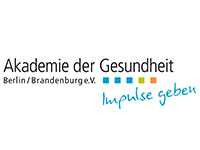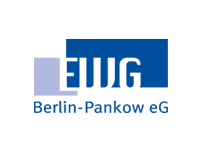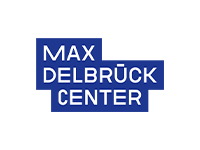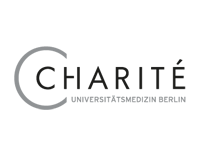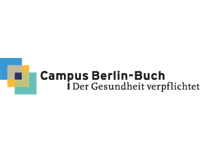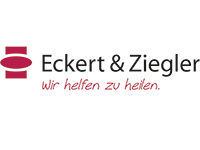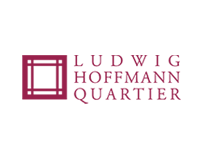Construction projects on campus
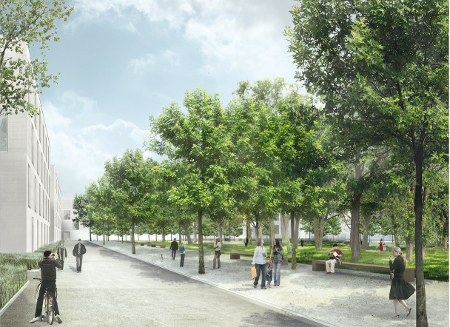
In recent years, a number of new research buildings have been erected on the science and biotech campus, most recently the Käthe-Beutler-Haus of the Berlin Institute of Health and the building for cryo-electron microscopy. The life science start-up center BerlinBioCube, which offers laboratory and office space for start-ups in the BiotechPark, opened in October 2023. A building for state-of-the-art NMR and the Imaging Innovation Center are currently under construction.
These developments follow an urban design and landscape planning framework concept with the forward-looking guiding principle of a "Green Health Campus". Sustainability is a crucial component in living up to the claim of being a leading science and business location in the Berlin-Brandenburg capital region.
Figure: Entwurf der sinai - Gesellschaft von Landschaftsarchitekten mbH
BerlinBioCube - Start-up Center

Campus Berlin-Buch GmbH (CBB) has built the new life science start-up center BerlinBioCube on the Campus Berlin-Buch from 2020 to 2023. CBB operates and develops the research and biotech campus in Berlin-Buch, which focuses on biomedicine. The spectrum of the BiotechPark Berlin-Buch includes medical biotechnology, medical technology and related fields. Additional jobs in innovative areas of the healthcare industry can now be created in the BerlinBioCube.
The BerlinBioCube offers start-ups a total of 8,000 square meters of space on five floors for modern laboratories, offices, communal areas for daily encounters and exchanges as well as conference rooms. Young companies thus have access to subsidized space in the BiotechPark. They benefit from the very good conditions that the campus offers. The building was designed by doranth post architekten, Munich. The new building of the BerlinBioCube involves an investment of around 49 million euros, of which around 40 percent will go into the technical equipment. The financing is made possible by funds from the joint task "Improvement of the regional economic structure" (GRW).
With 75 companies, 850 employees and around 45,000 square meters of office and laboratory space, the BiotechPark Berlin-Buch is one of the leading technology parks in Germany. Spin-offs in the life sciences sector will find ideal conditions here, from technology transfer to industry-specific laboratory and office space. The local life science community enables direct exchange and joint projects. The BiotechPark makes a major contribution to the dynamic development of the Berlin-Brandenburg biotechnology region and particularly strengthens the industrial health economy.
Fig.: doranth post architects
www.berlinbiocube.de
Building for NMR III
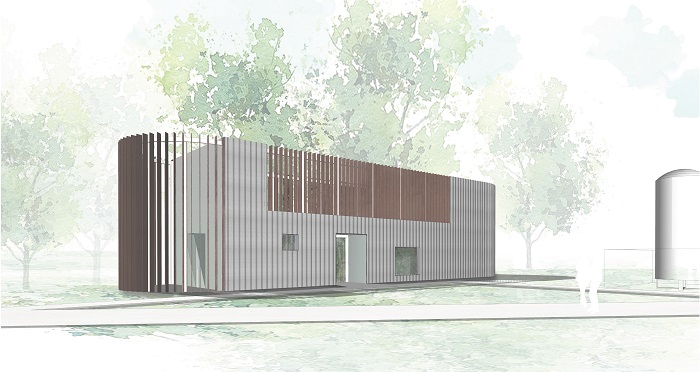
On the eastern edge of the campus, NMR-III, a further building for nuclear magnetic resonance (NMR) spectroscopy of the Leibniz Research Institute for Molecular Pharmacology (FMP), is currently under construction. The building will house the new 1.2GHz NMR spectrometer, which is scheduled for delivery in the fall of 2022 and will include the strongest magnet (with a magnetic field of 28.2 Tesla) that can currently be used for NMR. Because of its higher sensitivity and better resolution, the instrument will greatly enhance the ability to apply NMR to the determination of the structure and dynamics of biomolecules at the FMP. Construction began in October 2021 and is expected to be completed in the summer of 2022. The device and the building are jointly financed through a special application to the Leibniz Association, with the federal government and the state of Berlin each contributing half of the total cost of 13.5 million euros.
Figure/Draft: DGI Bauwerk Gesellschaft von Architekten mbH
Imaging Innovation Center
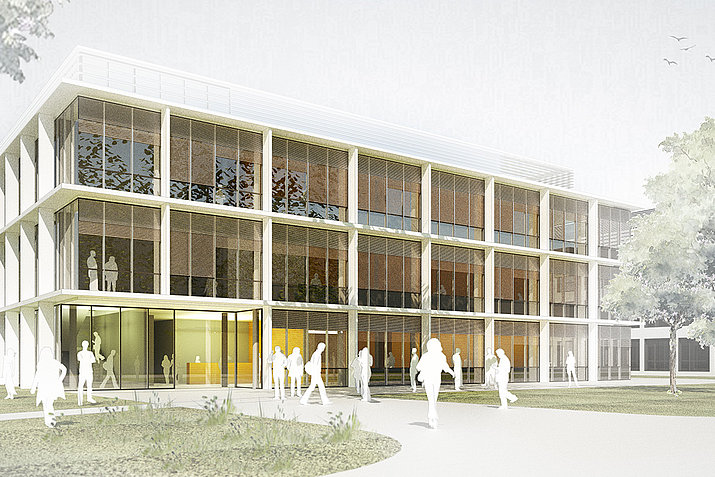
Between Building 87 and the Leibniz-Forschungsinstitut für Molekulare Pharmakologie (FMP), directly in front of the building for cryo-electron microscopy (cryo-EM), an Imaging Innovation Center (IIC) of the Max Delbrück Center has been under construction since 2023. From 2025, technology platforms and research groups in the field of microscopy will work together under one roof to further develop microscopy technologies and image analysis methods for biomedical issues. The IIC will bring together physicists, biophysicists, life scientists and bioinformaticians. In addition to the teams of the Advanced Light Microscopy Platform, the Cryo-EM Platform, and the Image Data Analysis Platform, other research groups will also move into the building. In particular, methods with high temporal and spatial resolution, imaging methods for individual molecules and correlative techniques will be of interest to the research groups at the Max Delbrück Center.
Architectural firm Heinle Wischer is responsible for the design of the future IIC. The company has already realized several projects on Campus Berlin-Buch: the Max Delbrück Communications Center (MDC.C), the Research Institutes for Experimental Medicine (FEM), the FMP, and the cryo-EM building. The first master plan for the campus itself was also penned by Heinle Wischer. Like the cryo-EM building, the IIC will be built on a thick foundation slab designed to cancel out vibrations. Together with a vibration-resistant support structure, this will protect the sensitive microscopes from the regular ground tremors of the city. Meanwhile, a high-precision ventilation system will ensure a stable temperature and constant humidity in the microscopy labs.
Illustration: © Heinle Wischer architects
News Buch Berlin
Leif Si-Hun Ludwig awarded professorship
Leif Si-Hun Ludwig has been awarded a prestigious Heisenberg professorship in stem cell dynamics and mitochondrial genomics by the the Berlin Institute of Health at Charité, a position funded by the G...
more ...Professorship awarded to Mina Gouti
Mina Gouti has been awarded a professorship at Charité – Universitätsmedizin Berlin. The appointment will strengthen her pioneering organoid research at the Max Delbrück Center and deepen collaboratio...
more ...Pentixapharm publishes positive Phase II data on Pentixafor PET diagnostics
The study confirms PENTIXAFOR-PET as a non-invasive alternative to adrenal vein catheterization in primary aldosteronism
more ...Events Buch Berlin
20.02.2026, 20:00
Scheunen-Party
Tanzen und Feiern wie früher
more ...23.02.2026, 16:00
Mitmachlesung mit Tante Milli Tausendgrün
Lese- und Bastelspaß für Kinder ab 3 Jahren
more ...24.02.2026, 10:38
Sprechstunde der Bezirksbürgermeisterin am 24. Februar 2026
Interessierte sind herzlich ins Rathaus eingeladen, ihre Anliegen zu schildern. Anmeldung erforderlich.
more ...